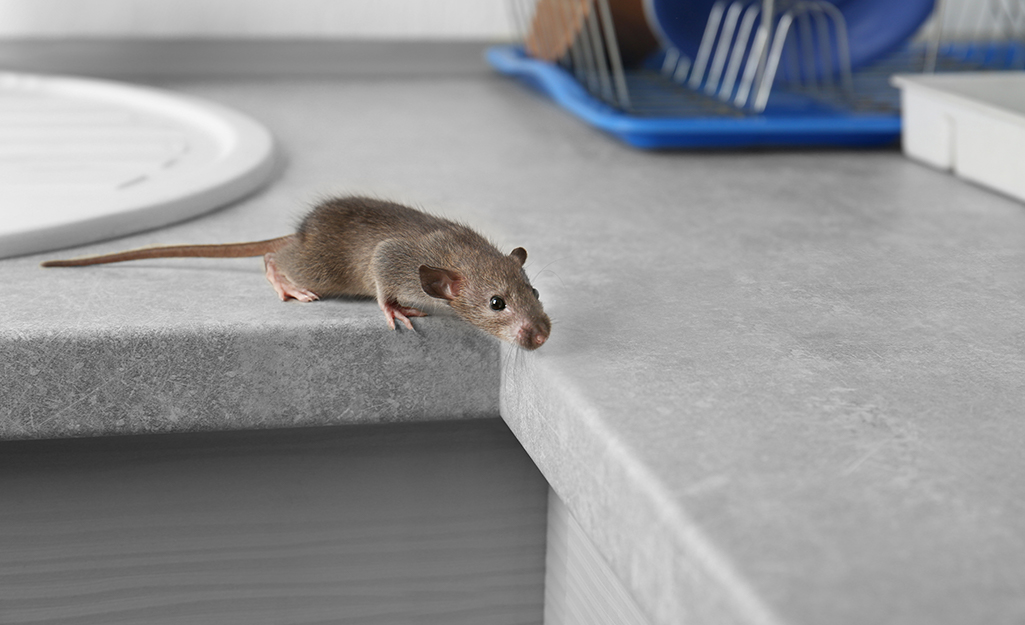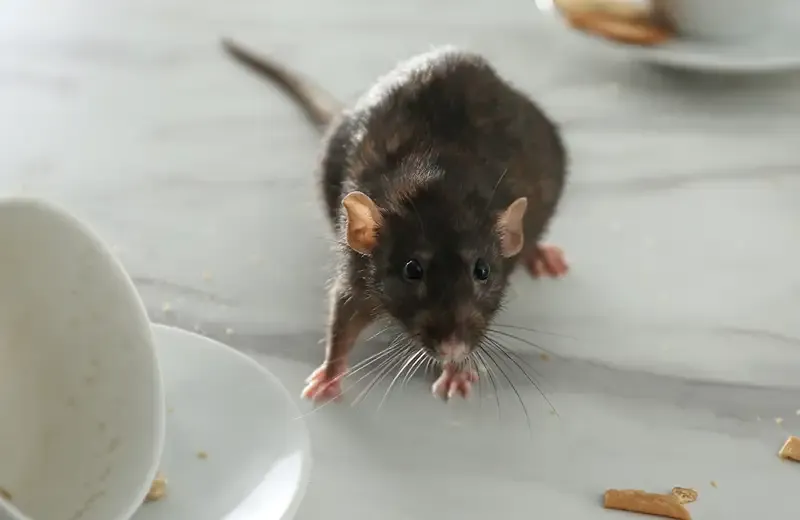Keeping your food storage areas free of pests is crucial not only for the safety and health of your family but also to maintain the integrity and quality of your food supply. In this guide, we will delve into various strategies for preventing pests in food storage. From practical storage tips to the use of natural deterrents, this comprehensive exploration will help ensure your pantry and storage areas remain pest-free.

Understanding the Threat: Common Pests in Food Storage
Pests are more than a nuisancethey can pose significant health risks, carry diseases, and lead to spoilage of food. Common offenders in food storage include insects like ants, cockroaches, and beetles, as well as rodents and even birds.
Understanding the behaviors and preferences of these pests is imperative for implementing effective prevention measures. For example, insects are often attracted to spoiled or moist organic material, while rodents are lured by easily accessible and improperly sealed food items.
Effective Food Storage Methods to Prevent Pests
Adopt smart food storage practices as your first line of defense against unwelcome pests. Ensuring that all food items are stored in tightly sealed containers can prevent pests from gaining access. For example, glass and sturdy plastic containers with rubber gaskets are excellent solutions for dry goods.
Inspect storage areas regularly for holes and cracks that pests could use as entry points. Apply caulk or weather stripping to seal these vulnerable spots. Another great tip is using natural deterrents like bay leaves and cinnamon in storage containers or in corners of pantries, as they are known to repel various pests.
For more on how cinnamon can repel pests, check out this link.
Natural Pest Repellents: A Safe Alternative
Using natural repellents can be an effective way to maintain pest-free storage areas without resorting to potentially harmful chemicals. Herbs like mint, sage, and rosemary, or essential oils such as tea tree and eucalyptus are known to deter various pests.
Another potent and natural method involves diatomaceous earth, a non-toxic powder composed of fossilized aquatic organisms. It works by dehydrating insects, acting as an effective barrier in food storage areas.
Routine Cleaning and Maintenance
Regular cleaning of food storage areas is vital to remove any traces of crumbs or spills that could attract pests. A combination of hot water and vinegar is effective in sanitizing surfaces, adding a layer of deterrence through its strong scent.
It's also crucial to check expiry dates and discard expired items, as they not only attract pests but may also harbor them. For additional tips on preventing pests, visit The Spruce.

Implementing a Pest Control Strategy
If pests persist despite all your efforts, it may be necessary to consider a pest control strategy. Use traps or bait wisely in areas out of reach of children and pets. Regular monitoring and replacing of these traps can ensure the effectiveness of your strategy.
Moreover, hiring professional pest control services can sometimes be the most efficient solution to handle extreme situations ensuring thorough coverage and treatment.
For more in-depth advice on effective pest prevention tools, this resource could be of great help.
FAQ: Common Questions About Preventing Pests in Food Storage
How can I identify if there are pests in my food storage?
Signs of pests may include droppings, nest materials, holes in packaging, and a musty odor. Regularly inspect your storage areas for these indicators.
What is the most common mistake in household food storage?
One of the most common mistakes is failing to seal food containers properly. This allows pests easy access to their contents.
Which is better: natural or chemical pest control?
The choice depends on your specific context and severity of infestation. Natural methods are safer for families, while chemical methods may be necessary for severe infestations.
This article contains affiliate links. We may earn a commission at no extra cost to you.
